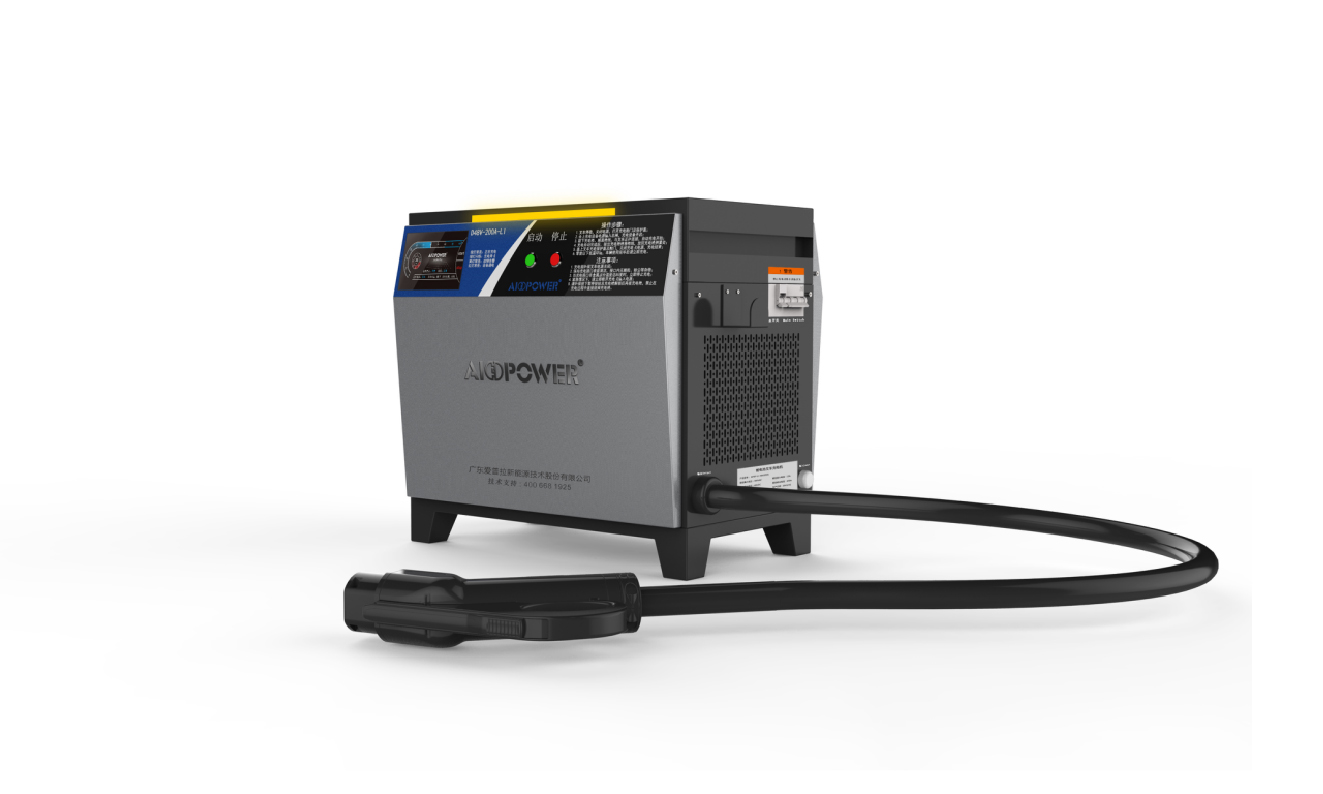Australian Chargeposts Create Electric Vehicle Charging NetworkPosted by Anna on May 6th, 2023 Tritium DCFC Limited ("Tritium"), an Australian electric vehicle charging stake company, announced on its website on Monday (April 18) London time that it has signed a multi-year contract with energy giant BP. Tritium said the contract represents a step up in the strategic partnership between the two companies. For BP, the contract sends a signal to the outside world that the energy giant wants to strengthen its position in the emerging electric vehicle market. Late last month, BP announced it would invest 1 billion pounds (.3 billion) to build charging stations in the U.K. through its on board charger business, BP Pulse. Richard Bartlett, senior vice president of BP pulse, said in a press release on Monday, "I am delighted to enter into this new global agreement with Tritium, which will help BP pulse deliver on its mission to provide fast, reliable charging for electric vehicle drivers and accelerate the rollout of the required global transition to a decarbonized road charging infrastructure during the global transition to decarbonized roads." Jane Hunter, CEO of Tritium, said, "The electrification of transportation is entering an incredible era, and large companies like BP are providing critical support for the world's transition to cleaner, more reliable transportation."
Hunter spoke, "We are excited to partner with BP to create more fast-charging lanes around the world to support their mission to become a net-zero emissions company by 2050 and a leader in helping the world achieve net-zero emissions." Although Tritium, founded in 2001, is an Australian company, its DC fast charger business has long been present in multiple countries. It previously announced that it will build its first U.S. charging post manufacturing facility in Lebanon, Tennessee, with a minimum production capacity of more than 10,000 DC fast on board chargers per year and a maximum capacity of 30,000. Tritium went public on the Nasdaq exchange in January and plans to move some senior management positions to the U.S. The stock closed up more than 12 percent at .56 per share on Monday. The U.K. government wants to stop selling new diesel and gasoline vehicles by 2030, so the country's need for charging infrastructure is likely to become increasingly urgent in the coming years. According to figures released by the Society of Motor Manufacturers and Traders (SMMT) in early April, new battery electric vehicle registrations in the U.K. reached 39,315 in March, up 78.7% year-over-year, surpassing registrations for all of 2019 and the highest single-month EV registrations ever recorded in the country. Like it? Share it!More by this author |



